
Neither the Gardai nor Revenue have raised any red flag to two straight male friends marrying merely as a scheme to avoid paying inheritance tax. The Sunday Independent reported at the weekend that the Gardai usually investigate the validity marriages only in circumstances where immigration is an issue, not taxation. Revenue said it cannot investigate how legitimate a marriage is. “The validity of marriages is not a matter for Revenue,” said a spokeswoman.
In the marriage referendum of 2015, the Referendum Commission confirmed to The Iona Institute that under the new definition of marriage two heterosexual friends of the same sex would be permitted to marry. The Iona Institute said at the time that this clearly demonstrated that marriage was being turned into a legally recognized friendship pact rather than the conjugal union of man and woman.
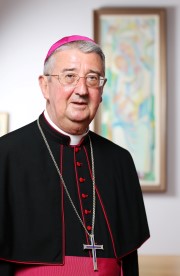
“The Eighth Amendment treats every human life with the same regard,” he said. “When that goes society is saying some lives are worth less than other lives. That upsets me . . . [as] it’s always then the weakest life that is affected.”
Asked whether the Catholic church faced defeat in the abortion referendum, he said: “The Church would be defeated if it caves in on its principles. I think people will respect the Church if they speak very strongly about their principles and stick by them.”
Dr Martin said the position of the Catholic Church is very clear and will be presented respectfully and he hopes it will be listened to with the same respect. The Bishops are not going to ask to “dominate” the legislative framework, but “they and Catholic Christians have a right to present their position respectfully, but strongly.”
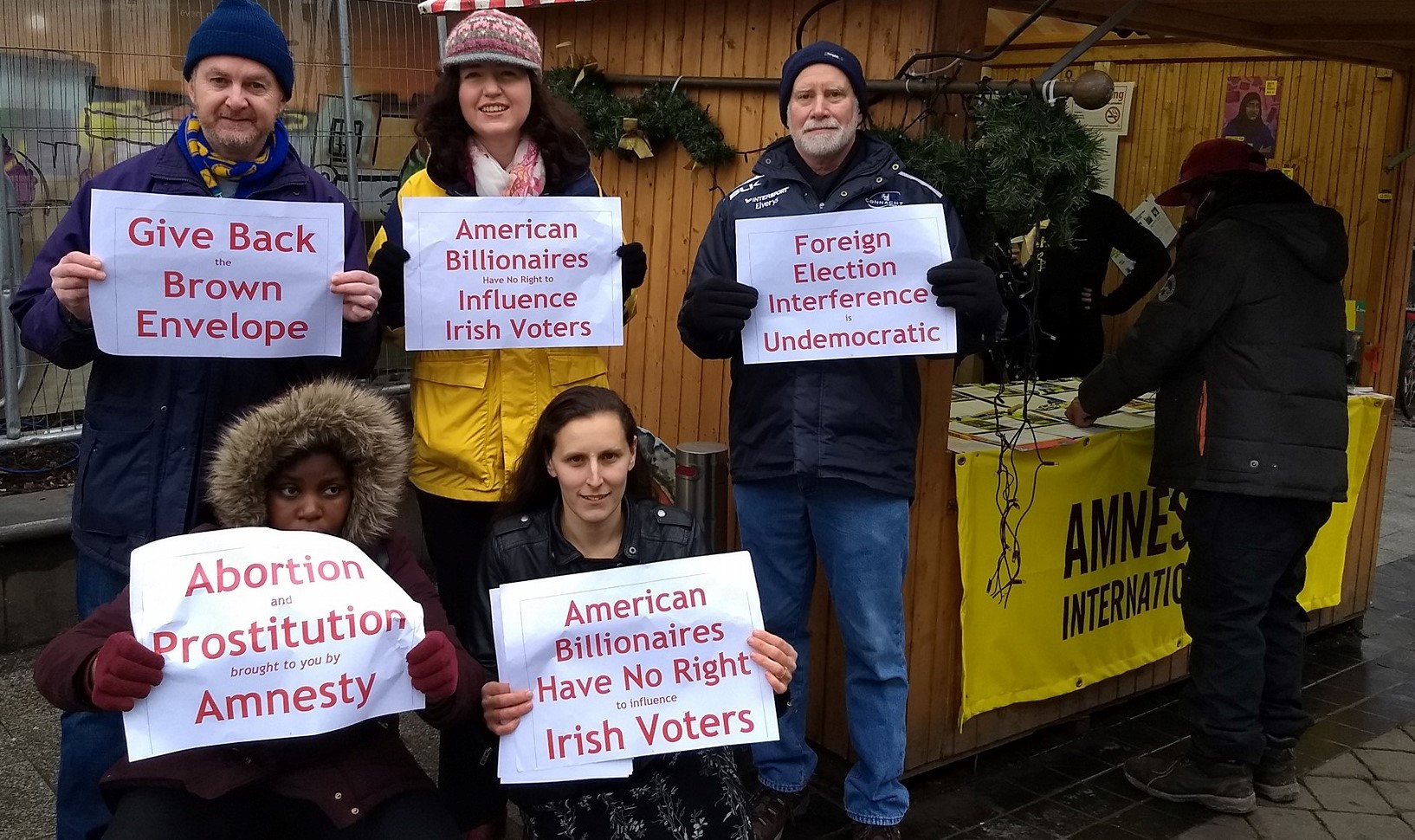

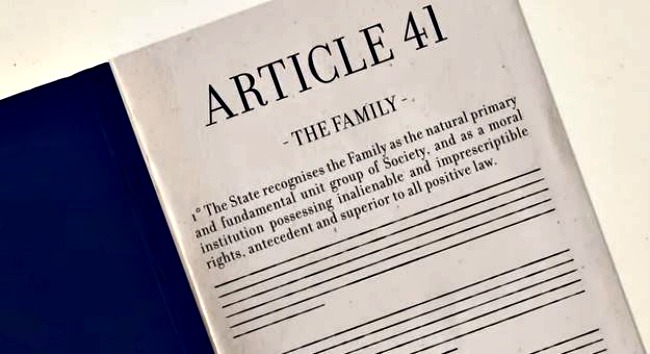
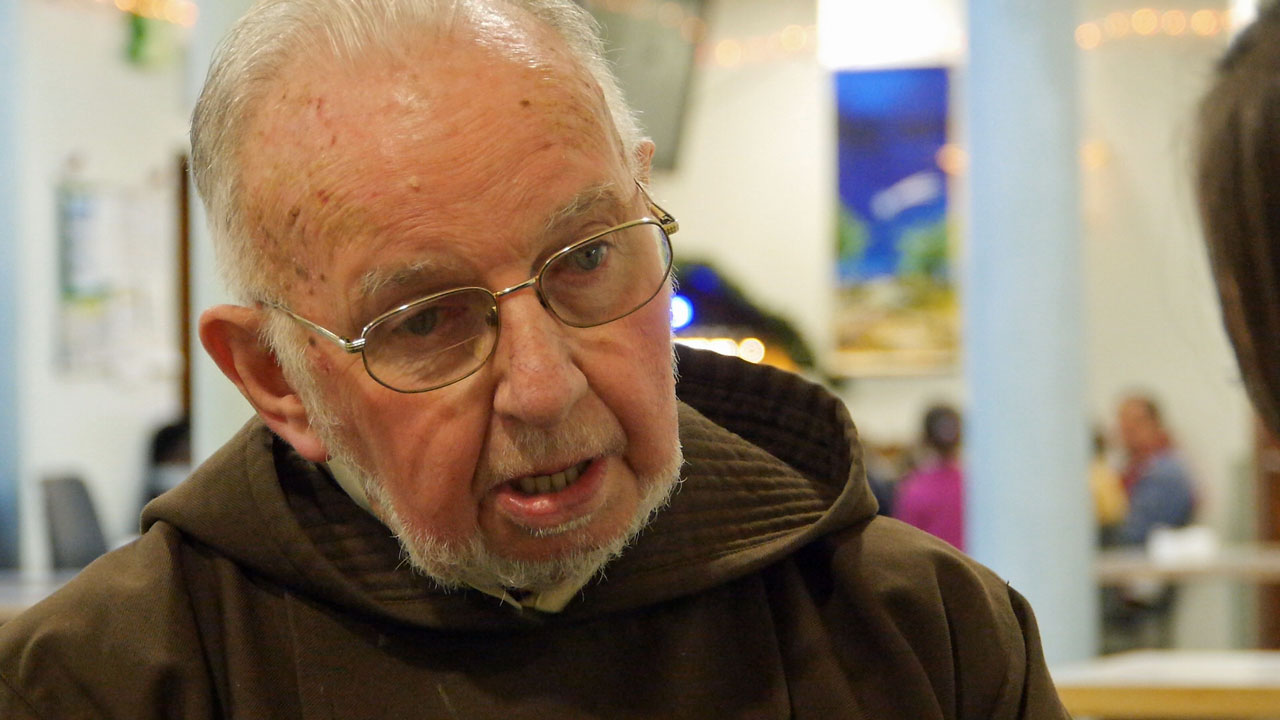
The Government has been criticised for the paucity of support it has given to a Catholic homeless ministry. Fianna Fáil leader Micheál Martin said the State contributed just €450,000 to the Capuchin Centre in Dublin, which provides 300 breakfasts and 700 dinners to people living in poverty every day. By contrast, the centre itself had raised €3.5 million through public contributions.
Mr Martin told the Dáil, “[t]o witness volunteers from all strata of society is heartening; what is not so heartening is the lack of a proper and meaningful response from the Government”.
He said the figures for children attending for meals at the centre were far worse than previous years and added there was a need to appoint a social worker and child welfare officer at the centre. “In terms of child protection issues, the workers at the centre are very worried about the vulnerability of children who attend,” he said. He also said prescription charges paid for by the centre for medical services it provides to people should be waived.
Taoiseach Leo Varadkar said he did not know why a social worker or child welfare officer had not been appointed to the centre and he would follow the matter up. He said it was important to say the Government took issues like child poverty and housing very seriously.
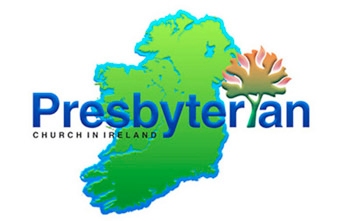
The recommendations “do not represent progress, rather a tragic reversal of the process by which we have learned to value and protect those who Jesus described as the ‘least’ among us,” he said. “A progressive society needs to continually cherish and protect the weakest and the most vulnerable, and this includes unborn children,” he said.
In June of this year, he told the Church’s General Assembly the proposals of the Citizen’s Assembly were “so radical, they are beyond anything that David Steele introduced in the UK in 1967, with all its implications,” and he called them “an advocacy for ‘abortion on demand’.”
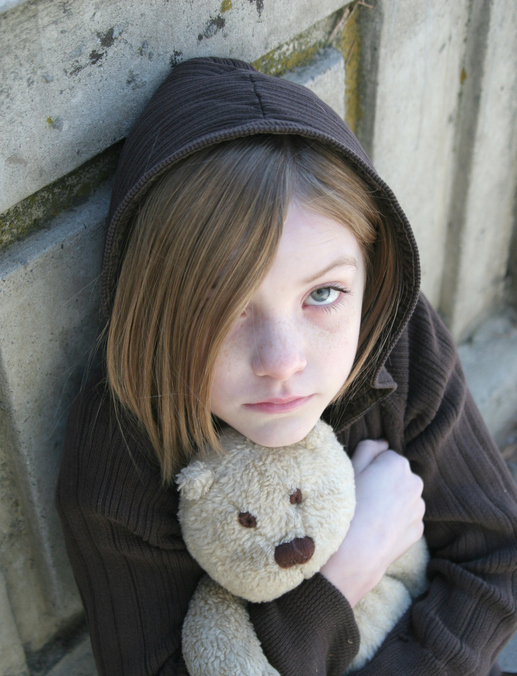
Almost one-third of families who became homeless in Dublin in the first six months of this year lost their housing because of “relationship breakdown”, not eviction, according to new research. The report from the Dublin Region Homeless Executive says more families are becoming homeless because of “family circumstances,” including overcrowded accommodation, and the breakdown of relationships between family members or partners, than are being served notice to quit by their landlords. An assessment of 450 families who became homeless in Dublin in the first six months of this year found that just under 30 per cent of all families cited relationship breakdown as the cause of their homelessness.
Fianna Fáil councillor David Costello said the research revealed a gap between perceptions of the causes of homelessness and the reality. “A lot of people think it’s bad landlords putting people out that’s causing the trouble, but the council experience is that a lot of it is either family breakdown or overcrowding.”
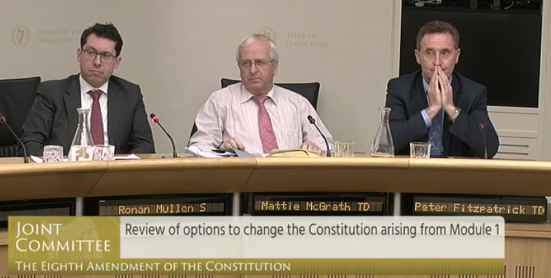
The Oireachtas abortion committee has recommended that the pro-life amendment be entirely deleted from the Constitution and that legislation be introduced that would allow virtually unfettered access to abortion. After voting 14-6 to recommend a referendum on deleting article 40.3.3, the committee also voted that legislation should follow that would allow abortion without reason up to 12 weeks—a position that goes even further than the UK’s abortion on demand style law. They also voted for abortion after 12 weeks, “without gestational limit”, for reasons affecting the mental health or the physical health of the mother. A later motion recommended abortion if there is a so-called “fatal foetal abnormality” afflicting the unborn child. The only two positions of the Citizens Assembly that the committee rejected were abortion for non-fatal abnormalities, such as down syndrome, or for mere socio-economic reasons after 12 weeks. The committee also recommended improved sex education in schools and the provision by the Government of universal free contraception.
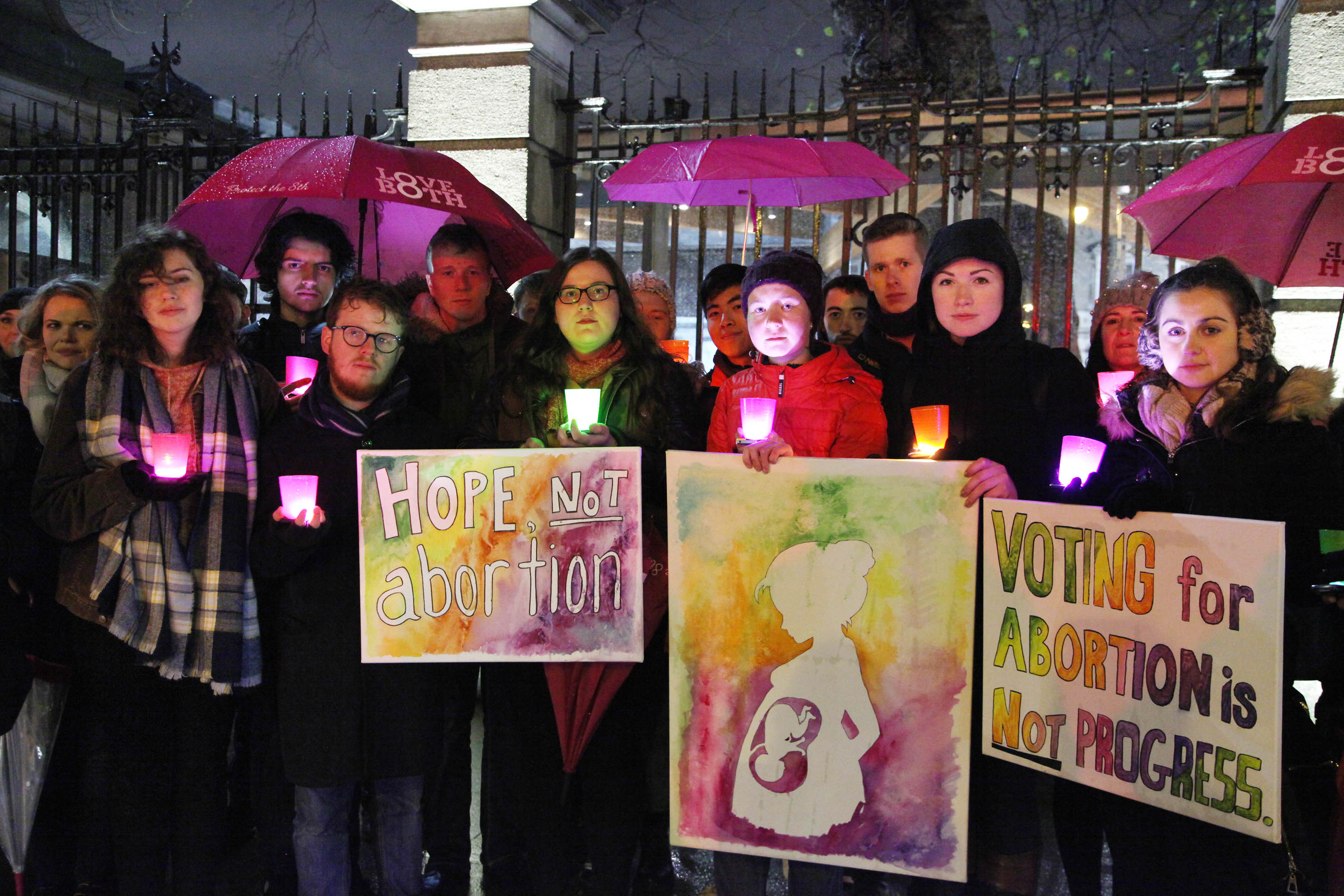
The Pro Life Campaign has said today’s vote for abortion by the Oireachtas Committee on the Eighth Amendment is “a total betrayal of women and their unborn babies and represents a tragic drift backwards for society rather than a step forward. Anyone who tries to suggest that today’s vote is not for abortion on demand is telling a lie.”
The PLC was commenting after the committee voted to recommend abortion on wide-ranging grounds, up to 12 weeks on request and up to birth on health grounds that are not and cannot be defined. Speaking on behalf of the Pro Life Campaign, Cora Sherlock said: “The decision to opt for a time limit of 12 weeks on request was plucked from thin air. It reveals a frightening disregard for the right to life of the most innocent and defenceless members of society, namely unborn babies. Also, the vote in favour of abortion on physical and mental health grounds is even more radical than abortion laws in other countries like England, where 1 in 5 pregnancies now ends in abortion.
Commenting on the extreme nature of today’s vote, Ms Sherlock said: “When any group is handed the power to decide who’s in and who’s out, it follows that they feel they have permission to conclude that no unborn babies are deserving of any protections under the law. And that’s effectively what the committee decided today. She continued: “But thankfully they won’t have the final say on the Eighth Amendment. The electorate will have that responsibility and I am confident they will vote to keep it.